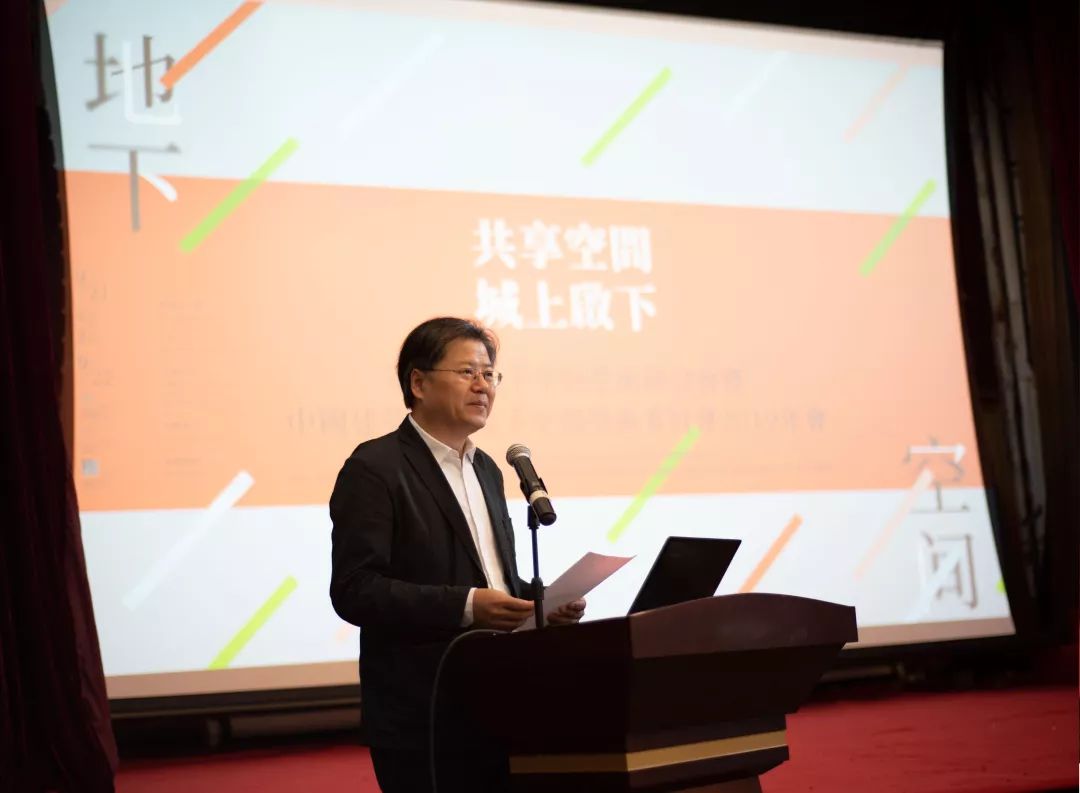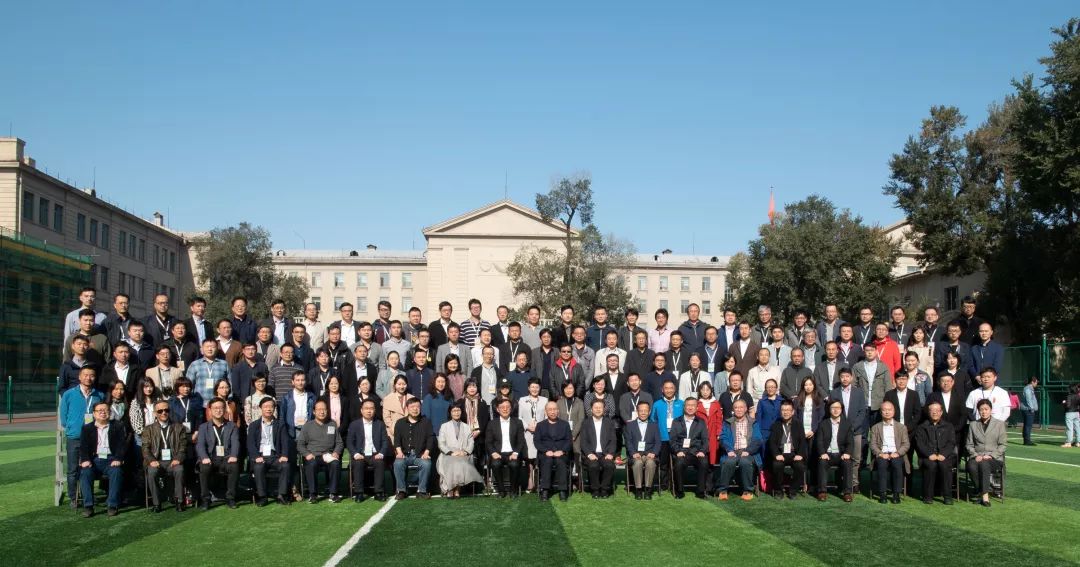The Underground Space Academic Committee of the Architectural Society of China
The Underground Space Academic Committee of the Architectural Society of China was formally established at Southwest Jiaotong University on December 28, 2016. It is a secondary branch of the Architectural Society of China with a strong influence and reputation. The members of the council are led by 4 academicians, more than 120 deans and professors of architecture universities, and chief architects of major design institutes across the country. The Underground Space Academic Committee contributes to researching underground space planning and design, underground space architectural design, underground space green building technology, underground space policy and management, urban above-ground and three-dimensional design, and other issues to promote the development of China's underground space industry.
The establishment of the Architectural Society of China Underground Space Academic Committee indicates that the Architectural Society of China will be a more crucial leading role in the development of underground space, effectively guarantee the scientific and reasonable development and design of underground space, promote the effective implementation of underground space planning and management, and improve the underground space. Architectural design specifications, preparation of underground building design standards, optimizing the physical and psychological environment of underground space, ensuring underground space safety and fire evacuation, establishing underground space management and information systems, etc. It is an important measure of the Chinese architecture community after the official release of the "Thirteenth Five-Year Plan for the Development and Utilization of Urban Underground Space" by the Ministry of Housing and Urban-Rural Development, allowing the Chinese architecture community to contribute to the realization of the "two centenary" goals and the Chinese ambition of the great rejuvenation of the Chinese nation Strong Chinese power.
Underground space is an important measure to solve the urban resource and environmental crisis, and an important way to solve China's sustainable development. In December 2015, the Ministry of Housing and Urban-Rural Development proposed to coordinate the layout of rail stations, surrounding buildings, and underground space through integrated design, realize the coordinated development of functions and spaces between rail stations and surrounding land, and promote the overall development of rail transit and areas along the ground and underground. In June 2016, the Ministry of Housing and Urban-Rural Development formally issued the "13th Five-Year Plan for Urban Underground Space Development and Utilization" and proposed that by 2020, no less than 50% of the cities will complete the planning and approval of underground space development and utilization, and the preliminary establishment Complete urban underground space planning and construction management system. With the high concentration of cities and the development of rail transit, underground space has become an important resource for urban space expansion.
Facing the prominent status of underground space in the development of human society and the increasing demand for underground space resources in Chinese cities, the establishment of the Architectural Society of China Underground Space Academic Committee can play the leading role of the Architectural Society in the development of underground space and ensure the science of underground space Reasonably develop and design, promote the effective implementation of underground space planning and management, improve underground building design specifications, prepare underground building design standards, optimize underground space physical and psychological environments, ensure underground space safety and fire evacuation, establish underground space management and Information system, etc.







